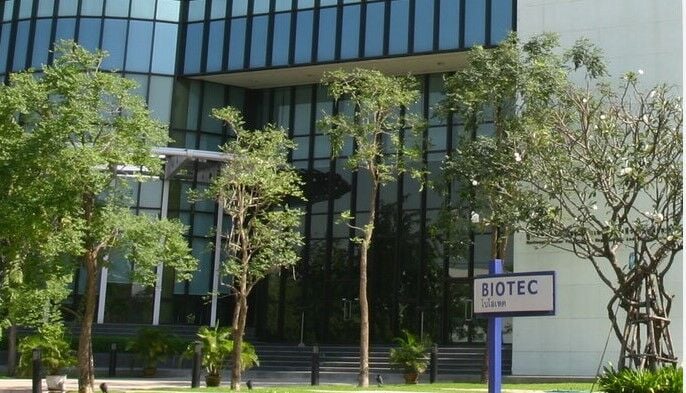Thai minister reveals groundbreaking health initiative with China

Thailand’s Minister of Higher Education, Science, Research, and Innovation unveiled a pioneering research programme in collaboration with China’s leading genome research powerhouse, BGI. This initiative, aimed at transforming healthcare in Thailand, promises to elevate the quality of life for locals while slashing healthcare costs tied to late-stage diseases.
The ambitious project, spearheaded by Thailand’s National Center for Genetic Engineering and Biotechnology and the Bangkok Genomics Innovation Public Company (BKGI), will focus on screening high-risk populations for atherosclerotic cardiovascular diseases using a groundbreaking biomarker known as Trimethylamine N-oxide (TMAO). This innovative screening method offers predictive risk assessments and intervention plans before symptoms emerge, potentially revolutionising preventative healthcare.
Minister Supamas Isarabhakdi announced the collaboration at the 19th International Conference on Genomics at Chulalongkorn University’s Faculty of Medicine. She emphasised the partnership’s significance in advancing genetic testing and disease prevention technologies.
“This collaboration underscores the importance of using cutting-edge technology to prevent and monitor diseases before symptoms appear, particularly heart disease and cancer.
“These advances align with global health trends and promise more detailed examinations and better prevention strategies.”
Over the past two decades, BGI has launched numerous programmes in Thailand, spanning public health, gene research, precision medicine, advanced agricultural techniques, and talent training, all aimed at boosting the country’s life sciences sector. Supamas highlighted the profound impact of this collaboration, noting it as a symbol of the enduring China-Thailand family relationship, now celebrating 49 years of diplomatic ties.
To date, BGI’s projects in Thailand have engaged over 100,000 participants. Since 2012, their partnership with the Thai Red Cross Society has introduced noninvasive prenatal tests at King Chulalongkorn Memorial Hospital, benefiting nearly 100,000 expectant parents with early genetic insights.
Additionally, last year saw the signing of a memorandum of understanding between BGI and Chulalongkorn University Faculty of Medicine to establish a spatiotemporal omics research centre. BGI has also been instrumental in a Lancang-Mekong Cooperation project, conducting genetic testing across five countries to alleviate poverty through improved health.
BGI’s general manager for Southeast Asia, Cao Sujie, shared plans to expand services into other Southeast Asian nations, including Indonesia and Vietnam, and to invest in local talent by training 100 specialists annually, reported The Nation.
At the conference, Yang Huanming of the Chinese Academy of Sciences called for global scientific collaboration to further life sciences.
Latest Thailand News
Follow The Thaiger on Google News:


























